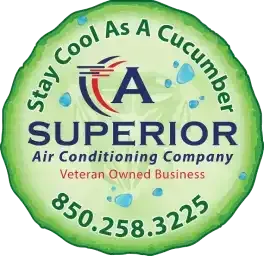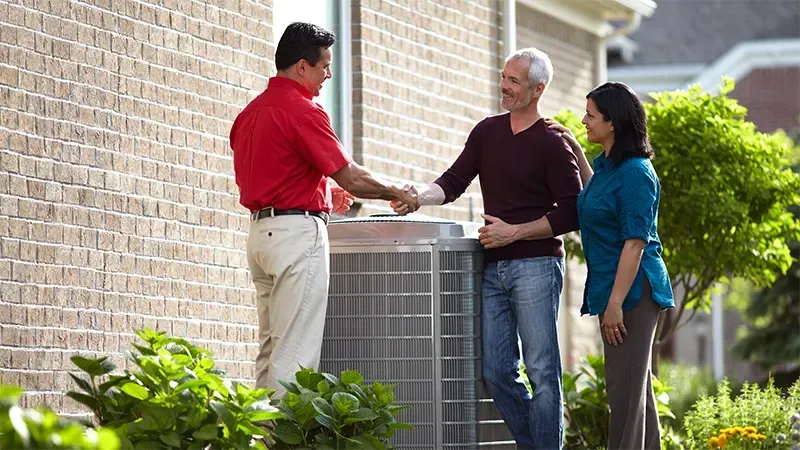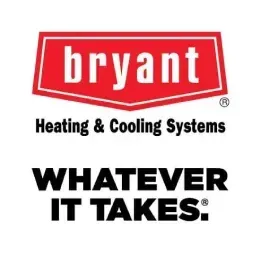HVAC Tips for Lower and Upper Grand Lagoon Waterfront Houses
PROTECTING A HOME IN LOWER GRAND LAGOON

Life in Lower and Upper Grand Lagoon comes with beautiful waterfront views and coastal living – but with the sea air comes specific challenges for your HVAC system. We’re A Superior Air Conditioning and we’re proud to bring you solutions that are designed to meet the unique needs of the waterfront areas of Panama City. Here is how to protect your home’s comfort and efficiency.
Salt Air and Your Grand Lagoon HVAC System
1. Coil Corrosion
- Salt particles can corrode the aluminum and copper coils of A/C systems, diminishing cooling ability and leading to refrigerant leaks.
2. Electrical Failures
- Salt buildup on wiring, fan motors and capacitors hastens end-of-life breakdowns.
3. Clogged Drain Lines
- Condensation loaded with salt mixes with dust, creating sludge that blocks drainage and exposes to the risk of water damage.
4. Rusted Components
- Metal shutters, chocolates, bolts and joints rust due to early decay for deteriorated durability.
Impact: Salt air can reduce the lifespan of HVAC systems by 3–5 years and lead to expensive repairs.
7 HVAC Hints for Grand Lagoon Waterfront Homes
1. Schedule Coastal-Focused Maintenance
Biannual tune-ups with anti-corrosion treatments and salt-resistant lubricants.
2. Add a Coil Guard or Coating
- Epoxy-coat or apply aluminum guards to outdoor condenser coils.
3. Upgrade to a Coastal-Ready System
- Trane XL18i Coastal: Includes salt resistant coils, powder painted enclosures and sealed electrical controls.
4. Rinse the Outdoor Unit Monthly
- Rinse condenser lightly with fresh water to eliminate deposits of salt (Do not use high pressure).
5. Optimize Landscaping
- Clear vegetation 2-3feet around outdoor unit to prevent the accumulation of debris and ensure air flow.
6. Add a Whole-Home Dehumidifier
- Keep 40–50% humidity to fight off mold and take some pressure off your AC.
7. Consider Ductless Mini-Splits
- Get rid of drafts caused by the conventional, stationary ductwork. Turn on and off rooms as required to save energy with IcyBreeze Zoned Cooling.
Protecting a Home in Lower Grand Lagoon – A Case Study
The Challenge
The Sanchez family’s 15-year-old air conditioner was coping with salt corrosion and humidity in their beachfront home.
Our Solution
1. Also put in a Trane XL18i Coastal (rust resistant) system.
2. Installed a coil protection guard and a whole-home dehumidifier.
3. Established twice-a-year salt repellent services.
The Results
- Longer life span than a regular system: 3-5 years longer than a regular system.
- Saving More: Save 20% on your energy bill with 95W energy saving.
- Whole Home Comfort: Add central Honey well humidifiers to your whole home systems to maintain a proper, comfortable humidity level throughout your home.
FAQ: HVAC Services for Grand Lagoon Waterfront Properties
Q: How frequent should I be maintaining my HVAC system?
A: Twice a year, pre-summer and pre-winter, to care for salt damage and humidity.
Q: Can I use an AC unit indoors?
A: Do not do it, place outdoor units on the north or east side of the dwelling, to the
extant practical, to reduce exposure to salt spray.
Q: Do you also provide 24/7 emergency service?
A: Yes! We answer within 2 hours to bring back your comfort.
Q: What if my system is already rusted?
A: We’ll determine if it can be repaired, or advise on a replacement that’s built to endure coastal conditions.
Coastal-Ready Air Conditioners: Designed with Grand Lagoon in Mind
Key Features
- RESISTANCE TO CORROSION: Brass nuts and mild steel fasteners, paint coated coils and water repellent electrical enclosure.
- Humidity: Of compressors that work at multiple speeds, and dehumidifiers are protected.
- Smart Technology: Wi-Fi controlled thermostats that alert you to humidity and leaks.
Installation Best Practices
- Manual J Load Calculations:The Right size for energy performance.
- Surge Protectors: Protect against power surges caused by storms.
- Raised Installation: Raise units off pads in flood areas.
Maintenance Essentials
- Reduce Coils Salt Build Up: Quarterly Cleanings: Remove Salt Outdoor Coils.
- Drain Line Treatments: Stop algae and sludge from forming.
Protect Your Grand Lagoon Home Now!
Don’t allow salt air to reduce the life of your HVAC system. And trust A Superior Air Conditioning Panama City’s coastal HVAC specialists, to have a solution that will stand up to the challenges of Gulf living.
Call Now: (850) 258-3225
Schedule Online: [asuperiorac. com/grand-lagoon-hvac](https://asuperiorac.com/grand-lagoon-hvac)
Bring in This Ad and Receive 10% Off a Coastal Tune-Up!
Relax and bathe in waterfront living with a system engineered for salt and sun and wind.




